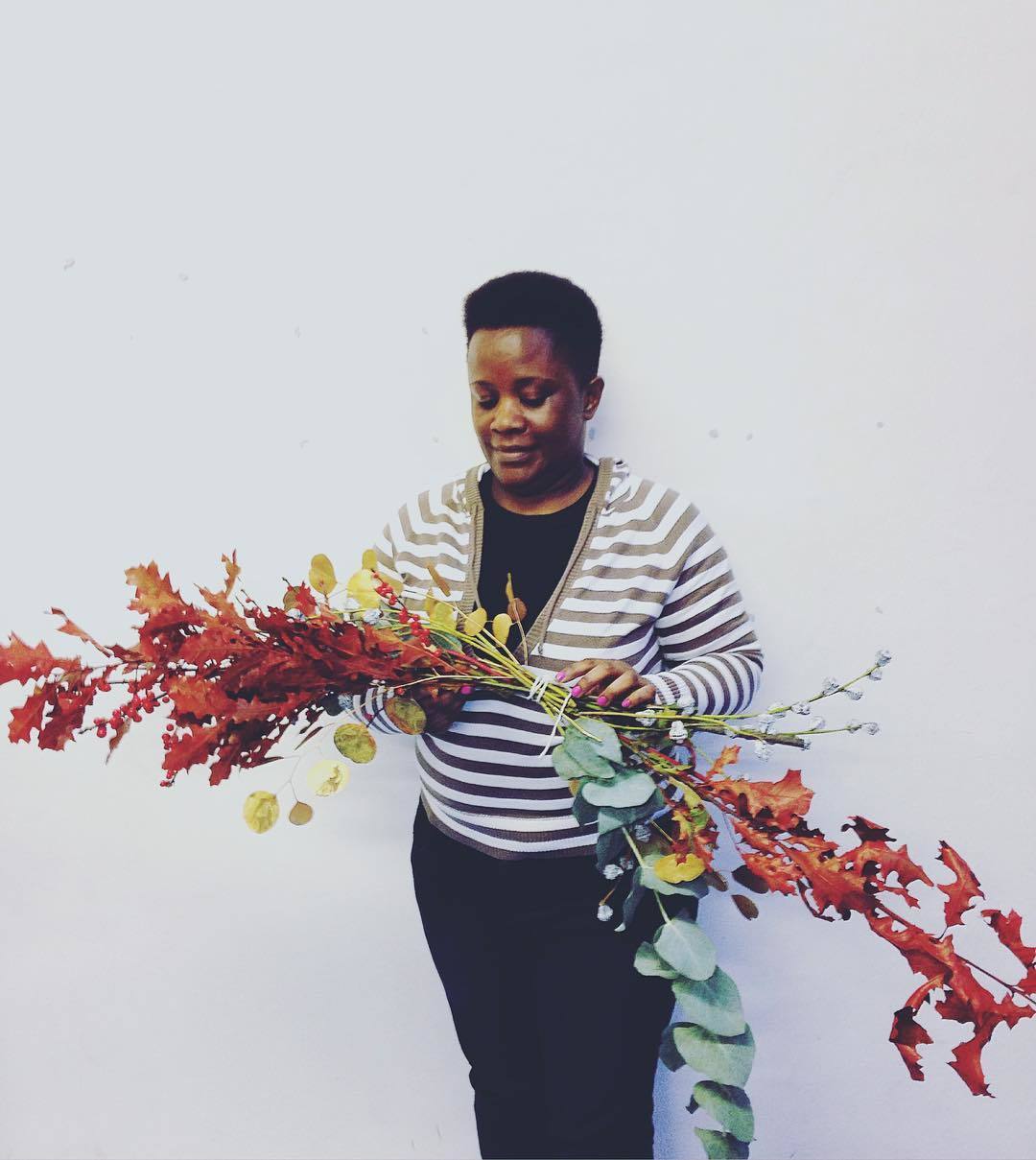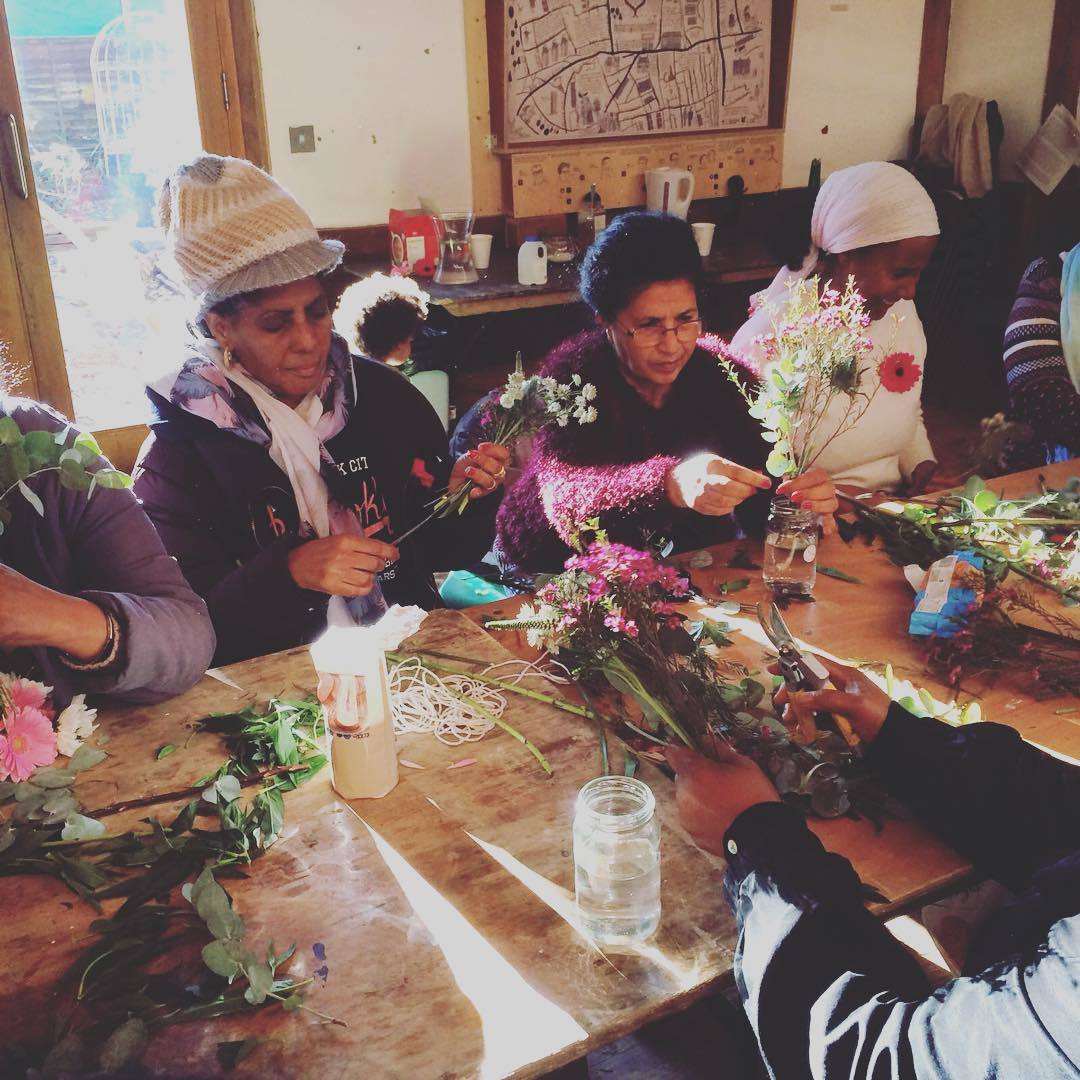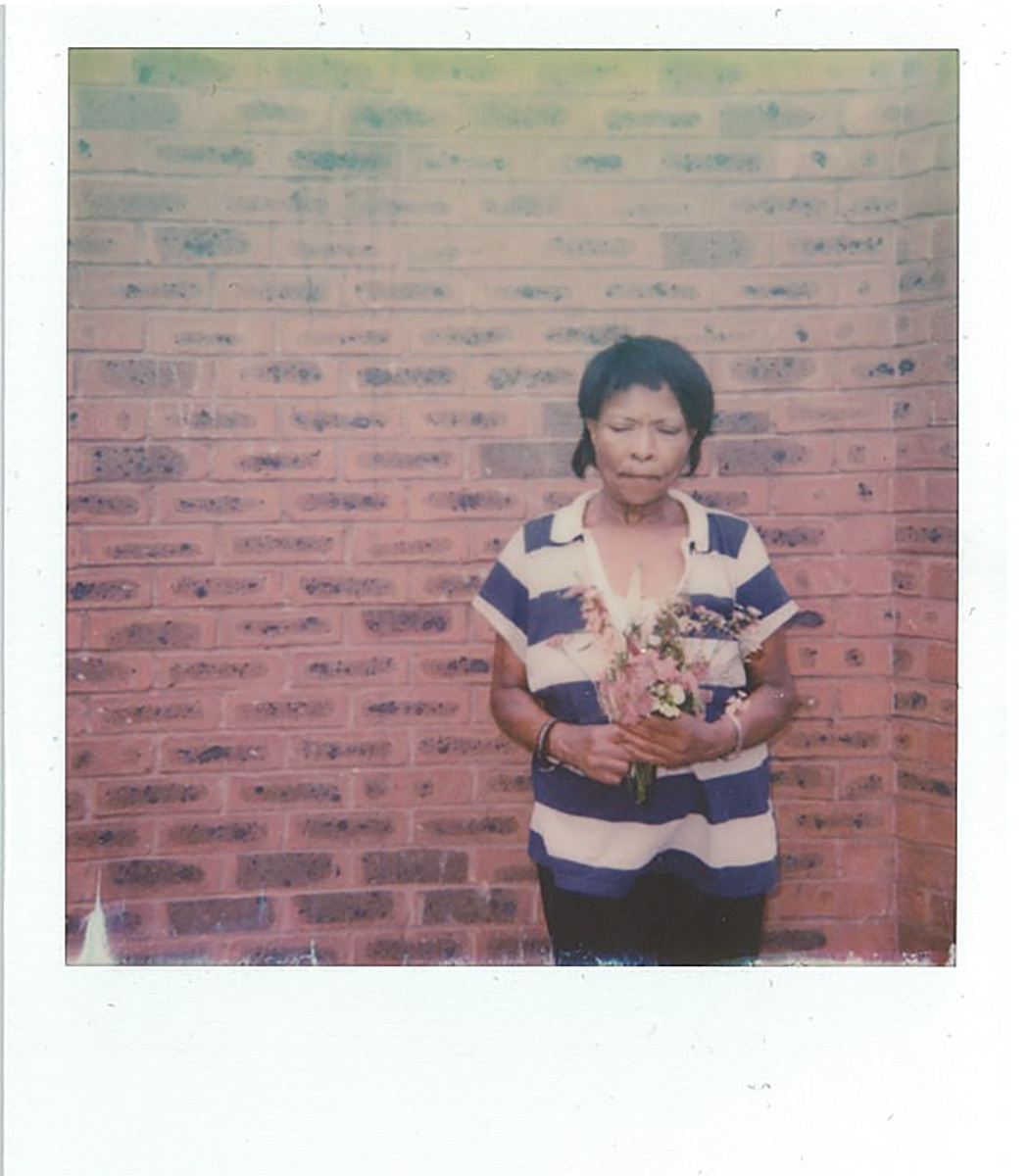On 10 November last year, a tidal wave of outrage hit the web as women across the UK learned they would effectively be working for free for the rest of the year because of the gender pay gap. 2016 – the year women not only paid the price for insisting they bring their vaginas into the workplace (earning on average 13.9% less than men) but for also insisting on looking after said vaginas, paying a luxury tax on ‘non-essential’ products such as the notoriously decadent sanitary towel.
Now it’s 2017 and we’re no longer being taxed for our tampons, but the problems facing us in the workplace persist. There are still relatively few women in top executive positions, and we continue to earn less for doing the exact same damn job as our male counterparts. Both research and anecdotes vouch for the fact that the pay gap touches all women. Across every sector. At every level. Nobody, however, feels the inequality quite as keenly as the women working in the lowest paid, lowest-skilled jobs.
International Women’s Day is an important opportunity to think about the women who occupy the undesirable positions in society where all the different inequalities intersect. Refugee women are fighting racial, cultural and gender barriers every single day, and support systems that currently exist are too few and far between. However, in the place that a national, integrated refugee service should fill, grassroots movements have begun to grow. Bread & Roses, the social enterprise I co-founded a year ago, is just one of these. Recognising the desperate need for refugee women to gain work experience and earn a London Living Wage, we provide floristry training to women across London before we take them on to work on freelance floristry projects for us.

Typically ‘feminine’ roles such as caring and cleaning are massively undervalued – and as a result women make up 60% of those earning less than the living wage in the UK. Not only are these jobs badly paid, they’re unstable too. Over the past year or so I’ve spent a fair amount of time helping refugee women living in London search for jobs. Refugees are six times less likely to be employed than the national average – and refugee women have an even harder time finding work than men. If you’ve ever trawled through ‘London chambermaid’ jobs on Indeed.com, you’ll have quickly found that in this joyless world a) ‘London’ is more likely to mean Luton than Leicester Square and b) even the competition for a zero hour contract for a cleaning job from Leicester Square to Luton, is stiff.
Women from refugee backgrounds find themselves at the bottom of the pile, largely because they struggle with English and lack experience after being out of work for long periods of time while on the move. So while London supposedly offers the possibility of safety and employment, the reality is it can be far from a sanctuary. “When I came to the UK I was strong and ready to work. Now, after waiting so long, I am weak and, sometimes, my spirit feels broken,” said one of the women Bread & Roses worked with.

Given the fact that the jobs the ‘lucky’ few secure are already undervalued, unstable and underpaid, it’s a pretty grim situation when even these feel out of your reach. The need that some of these women have to earn an income is so desperate that they are forced to set their sights even lower – if they can’t get these in-demand jobs, chances are they’ll have to look for cash-in-hand work. I’ve met women paid as little as £3 an hour for childcare, who are working seven days a week, looking after three small kids. In the worst cases, poor pay turns into full blown exploitation – and pay will be withdrawn completely, leaving women working in exchange for meals, or in some cases, the threat that their illegal working status will be exposed.
Ourmala, which provides free yoga to refugee women, The Chickpea Sisters, helping refugee women to work through equipping them with catering skills, and Women for Refugee Women, which offers overarching support, all look to make a meaningful change to the lives of these women. Working with women who would otherwise be struggling to get difficult, grossly underpaid cleaning jobs makes you realise just how much they have to offer – and how much we lose out as a society when we keep pushing these women to the bottom of the pile, offering them the absolute bare minimum to survive. As the name suggests, it’s not just about having the bread, it’s about having the roses too, and we mustn’t take that for granted.

Read: Feminists from around the world on what needs to change.
Credits
Text and photography Olivia Head
